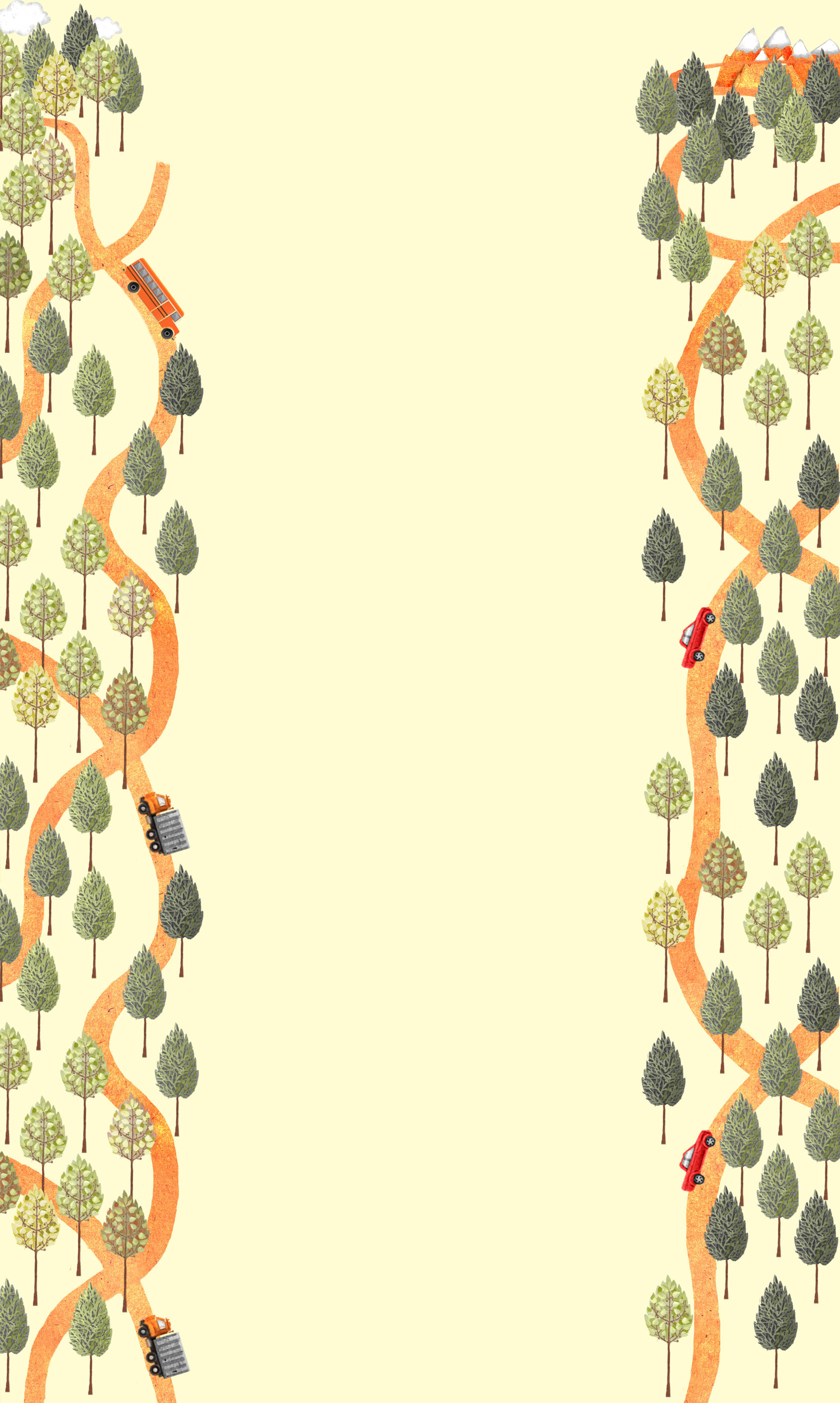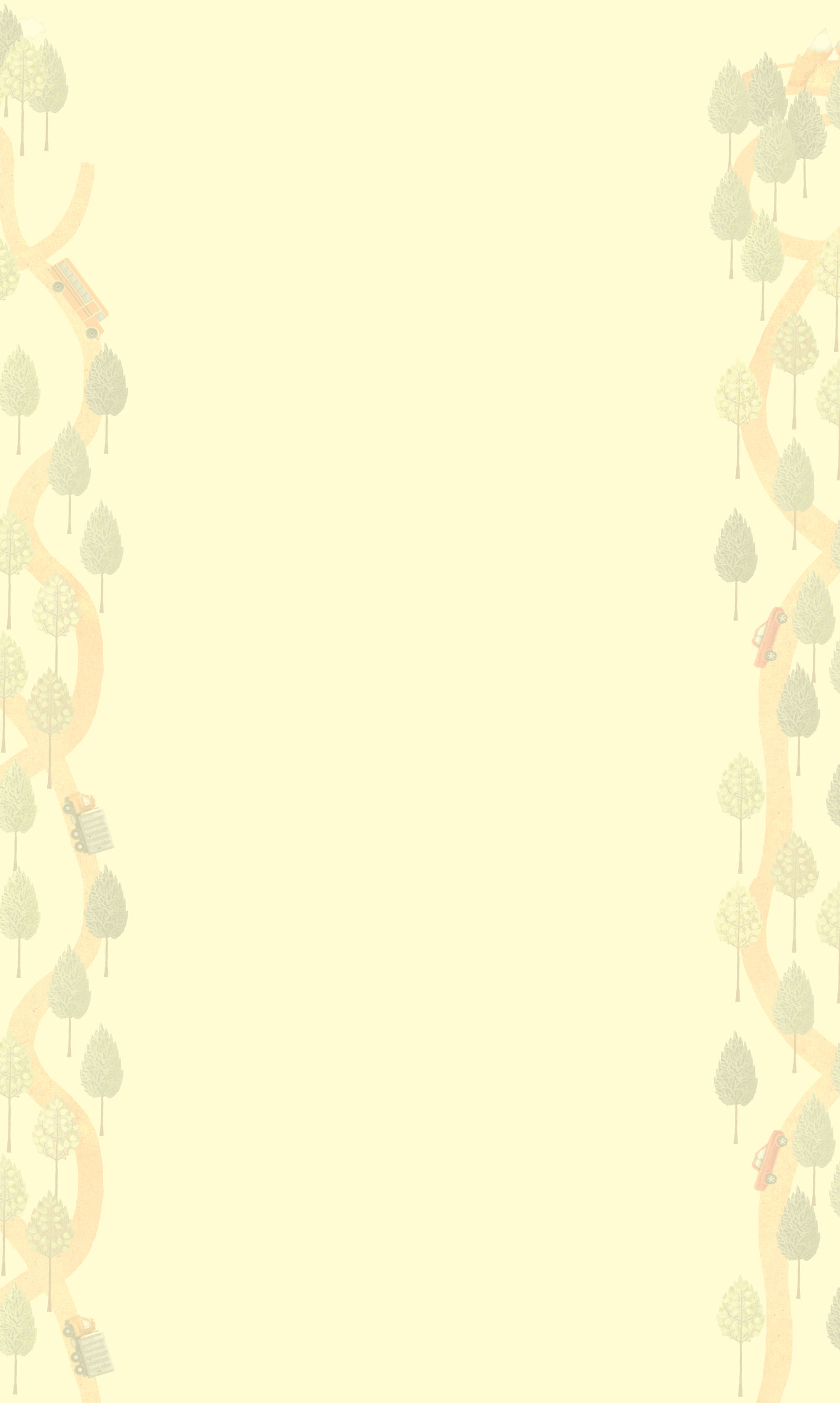


Lesson 11
In which you listen to
a (slightly) crazy woman. Slightly.
a (slightly) crazy woman. Slightly.
No new verbs in this lesson! :)
CONTENTS OF THE VIDEO LESSON
* TIP: If you open the video on YouTube, these timestamps can be found at the Description section, and they are interactive there (you click on it and the video jumps to this time).
00:00 - review
03:10 - first steps into Past and Future of the Hebrew verb!
05:03 - example from English that helps us understand the
►►► logic of Hebrew grammar –
►►► for the PAST we add an ending -ED,
►►► for the FUTURE we put WILL before.
►►► A memory clue – past is last, future is first.
07:54 - example for the verb "to learn" - ללמוד – לומד\ת
►►► Its' root letters are - ל.מ.ד
08:21 - for the PAST tense (past is last), we add different
►►► endings for different personal pronouns.
►►► For "we" - אנחנו- we add – …
►►► NU - ...נו So: למדנו LAMADNU – we studied
11:34 - for "I" -אני - we add – …TI - ...תי
►►► למדתי - LAMADETI – I studied
12:21 - practice
14:53 - לשאול – שואל\ת in the past.
►►► we asked – שאלנו - SHAALNU
15:13 - שאלתי I asked SHAALTI
15:40 - "to write" verb (לכתוב – כותב\ת) in the past
►►► כתבתי - I wrote – KATAVTI
16:18 - I read -קראתי – KARATI
16:49 - I thought – חשבתי – KHASHAVTI
17:20 - I liked – אהבתי AHAVTI
18:08 - I heard – שמעתי - SHAMATI
18:45 - I knew – ידעתי – YADATI
19:24 - we went – הלכנו – HALAKHNU
19:44 - I told\said – אמרתי – AMARTI
20:32 - to create the FUTURE we take the first letter (future is
►►► first) from the personal pronoun (the one who does the
►►► action) and put it in front of the root letters.
►►► For ANI – אני it's alef א
20:59 - I will study – אלמד– ELMAD
21:29 - I will ask - אשאל - ESH'AL
21:40 - I will read\call - אקרא – EKRA
25:07 - For ANAKHNU – אנחנו it's nun נ
►►► we will study - נלמד – NILMAD
26:45 - we will read - נקרא – NIKRA
27:00 - we will hear - נשמע – NISHMA
28:35 - future and the "weak letters"
"Weak letters" are somewhat "claustrophobic" :) They are having "panic attacks" when surrounded from both sides and they "run away" in such a case. That's exactly what happens when a verb with a root starting from a "weak letter" is put into the future tense – a letter should be added before the weak letter, it "feels surrounded" and – boink! – disappears. :)
(he) knows – יודע YODEA, I will know – אדע EDA
(he) sits - יושב - YOSHEV, I will sit – אשב- ESHEV
(he) walks - הולך - HOLEKH, I will walk - אלך - ELEKH
00:00 - review
03:10 - first steps into Past and Future of the Hebrew verb!
05:03 - example from English that helps us understand the
►►► logic of Hebrew grammar –
►►► for the PAST we add an ending -ED,
►►► for the FUTURE we put WILL before.
►►► A memory clue – past is last, future is first.
07:54 - example for the verb "to learn" - ללמוד – לומד\ת
►►► Its' root letters are - ל.מ.ד
08:21 - for the PAST tense (past is last), we add different
►►► endings for different personal pronouns.
►►► For "we" - אנחנו- we add – …
►►► NU - ...נו So: למדנו LAMADNU – we studied
11:34 - for "I" -אני - we add – …TI - ...תי
►►► למדתי - LAMADETI – I studied
12:21 - practice
14:53 - לשאול – שואל\ת in the past.
►►► we asked – שאלנו - SHAALNU
15:13 - שאלתי I asked SHAALTI
15:40 - "to write" verb (לכתוב – כותב\ת) in the past
►►► כתבתי - I wrote – KATAVTI
16:18 - I read -קראתי – KARATI
16:49 - I thought – חשבתי – KHASHAVTI
17:20 - I liked – אהבתי AHAVTI
18:08 - I heard – שמעתי - SHAMATI
18:45 - I knew – ידעתי – YADATI
19:24 - we went – הלכנו – HALAKHNU
19:44 - I told\said – אמרתי – AMARTI
20:32 - to create the FUTURE we take the first letter (future is
►►► first) from the personal pronoun (the one who does the
►►► action) and put it in front of the root letters.
►►► For ANI – אני it's alef א
20:59 - I will study – אלמד– ELMAD
21:29 - I will ask - אשאל - ESH'AL
21:40 - I will read\call - אקרא – EKRA
25:07 - For ANAKHNU – אנחנו it's nun נ
►►► we will study - נלמד – NILMAD
26:45 - we will read - נקרא – NIKRA
27:00 - we will hear - נשמע – NISHMA
28:35 - future and the "weak letters"
"Weak letters" are somewhat "claustrophobic" :) They are having "panic attacks" when surrounded from both sides and they "run away" in such a case. That's exactly what happens when a verb with a root starting from a "weak letter" is put into the future tense – a letter should be added before the weak letter, it "feels surrounded" and – boink! – disappears. :)
(he) knows – יודע YODEA, I will know – אדע EDA
(he) sits - יושב - YOSHEV, I will sit – אשב- ESHEV
(he) walks - הולך - HOLEKH, I will walk - אלך - ELEKH
CONTENTS OF THE VIDEO LESSON
* TIP: If you open the video on YouTube, these timestamps can be found at the Description section, and they are interactive there (you click on it and the video jumps to this time).
00:00 - review
03:10 - first steps into Past and Future of the Hebrew verb!
05:03 - example from English that helps us understand the logic of Hebrew grammar – for the PAST we add an ending -ED, for the FUTURE we put WILL before. A memory clue – past is last, future is first.
07:54 - example for the verb "to learn" - ללמוד – לומד\ת Its' root letters are - ל.מ.ד
08:21 - for the PAST tense (past is last), we add different endings for different personal pronouns. For "we" - אנחנו- we add – … NU - ...נו So: למדנו LAMADNU – we studied
11:34 - for "I" -אני - we add – …TI - ...תי, so למדתי - LAMADETI – I studied
12:21 - practice
14:53 - לשאול – שואל\ת in the past: we asked – שאלנו - SHAALNU
15:13 - שאלתי I asked SHAALTI
15:40 - "to write" verb (לכתוב – כותב\ת) in the past: כתבתי - I wrote – KATAVTI
16:18 - I read -קראתי – KARATI
16:49 - I thought – חשבתי – KHASHAVTI
17:20 - I liked – אהבתי AHAVTI
18:08 - I heard – שמעתי - SHAMATI
18:45 - I knew – ידעתי – YADATI
19:24 - we went – הלכנו – HALAKHNU
19:44 - I told\said – אמרתי – AMARTI
20:32 - to create the FUTURE we take the first letter (future is first) from the personal pronoun (the one who does the action) and put it in front of the root letters. For ANI – אני it's alef א
20:59 - I will study – אלמד– ELMAD
21:29 - I will ask - אשאל - ESH'AL
21:40 - I will read\call - אקרא – EKRA
25:07 - For ANAKHNU – אנחנו it's nun נ, we will study - נלמד – NILMAD
26:45 - we will read - נקרא – NIKRA
27:00 - we will hear - נשמע – NISHMA
28:35 - future and the "weak letters". "Weak letters" are somewhat "claustrophobic" :) They are having "panic attacks" when surrounded from both sides and they "run away" in such a case. That's exactly what happens when a verb with a root starting from a "weak letter" is put into the future tense – a letter should be added before the weak letter, it "feels surrounded" and – boink! – disappears. :) So, (he) knows – יודע YODEA, I will know – אדע EDA, (he) sits - יושב - YOSHEV, I will sit – אשב- ESHEV, (he) walks - הולך - HOLEKH, I will walk - אלך - ELEKH
00:00 - review
03:10 - first steps into Past and Future of the Hebrew verb!
05:03 - example from English that helps us understand the logic of Hebrew grammar – for the PAST we add an ending -ED, for the FUTURE we put WILL before. A memory clue – past is last, future is first.
07:54 - example for the verb "to learn" - ללמוד – לומד\ת Its' root letters are - ל.מ.ד
08:21 - for the PAST tense (past is last), we add different endings for different personal pronouns. For "we" - אנחנו- we add – … NU - ...נו So: למדנו LAMADNU – we studied
11:34 - for "I" -אני - we add – …TI - ...תי, so למדתי - LAMADETI – I studied
12:21 - practice
14:53 - לשאול – שואל\ת in the past: we asked – שאלנו - SHAALNU
15:13 - שאלתי I asked SHAALTI
15:40 - "to write" verb (לכתוב – כותב\ת) in the past: כתבתי - I wrote – KATAVTI
16:18 - I read -קראתי – KARATI
16:49 - I thought – חשבתי – KHASHAVTI
17:20 - I liked – אהבתי AHAVTI
18:08 - I heard – שמעתי - SHAMATI
18:45 - I knew – ידעתי – YADATI
19:24 - we went – הלכנו – HALAKHNU
19:44 - I told\said – אמרתי – AMARTI
20:32 - to create the FUTURE we take the first letter (future is first) from the personal pronoun (the one who does the action) and put it in front of the root letters. For ANI – אני it's alef א
20:59 - I will study – אלמד– ELMAD
21:29 - I will ask - אשאל - ESH'AL
21:40 - I will read\call - אקרא – EKRA
25:07 - For ANAKHNU – אנחנו it's nun נ, we will study - נלמד – NILMAD
26:45 - we will read - נקרא – NIKRA
27:00 - we will hear - נשמע – NISHMA
28:35 - future and the "weak letters". "Weak letters" are somewhat "claustrophobic" :) They are having "panic attacks" when surrounded from both sides and they "run away" in such a case. That's exactly what happens when a verb with a root starting from a "weak letter" is put into the future tense – a letter should be added before the weak letter, it "feels surrounded" and – boink! – disappears. :) So, (he) knows – יודע YODEA, I will know – אדע EDA, (he) sits - יושב - YOSHEV, I will sit – אשב- ESHEV, (he) walks - הולך - HOLEKH, I will walk - אלך - ELEKH
SUMMARY

And here is the summary of the lesson
- if you like infographics more than watching videos, or
- if you use this website just for brush-up, review and recollection
- if you use this website just for brush-up, review and recollection

And here is the summary of the lesson
- if you like infographics more than watching videos, or
- if you use this website just for brush-up,
review and recollection
- if you like infographics more than watching videos, or
- if you use this website just for brush-up,
review and recollection

And here is the summary of the lesson
- if you like infographics more than watching videos, or
- if you use this website just for brush-up, review and recollection
- if you use this website just for brush-up, review and recollection
VOCABULARY
1 word only before the 200!
Next lesson. Not now. Cliffhanger is my second name. :)
1 word only before the 200!
Next lesson. Not now.
Cliffhanger is my second name. :)
Cliffhanger is my second name. :)


עולם world מותר permitted אסור forbidden אותו דבר אותו הדבר same thing קצת a little a bit משוגע crazy אכפת לי איכפת לי I care חשוב important אתמול yesterday חלון window לחיות to live להביא to bring בשביל for לא משנה doesn't matter

Some words to learn
It has the words "Lesson 11" on it - in case you didn't notice :)
It has the words "Lesson 11" on it - in case you didn't notice :)
READING
Today the Reading section is actually
lyrics of a very popular Israeli song!
Many students do not connect to its Mizrachi music style, but it was very popular once, every Israeli knows it, and, in addition, it has very useful vocabulary and it's catchy!
lyrics of a very popular Israeli song!
Many students do not connect to its Mizrachi music style, but it was very popular once, every Israeli knows it, and, in addition, it has very useful vocabulary and it's catchy!
Today the Reading section is actually lyrics of a very popular Israeli song!
Many students do not connect to its Mizrachi music style, but it was very popular once, every Israeli knows it, and, in addition, it has very useful vocabulary and it's catchy!
Many students do not connect to its Mizrachi music style, but it was very popular once, every Israeli knows it, and, in addition, it has very useful vocabulary and it's catchy!

Sarit Khadad
"The best female singer of 2000s" (Wikipedia)
The quality of this video is low,
but you've got subtitles there!

Sarit Khadad
"The best female singer of 2000s" (Wikipedia)
The quality of this video is low,
but you've got subtitles there!
but you've got subtitles there!
Here are the lyrics; you can understand most of it!
The translation of the words and phrases which still may be hard to grasp, can be found on the right side (in grey).
The rest - you are invited to fill in yourself, if you feel like it.
The translation of the words and phrases which still may be hard to grasp, can be found on the right side (in grey).
The rest - you are invited to fill in yourself, if you feel like it.
Here are the lyrics; you can understand most of it!
The translation of the words and phrases which still may be hard to grasp, can be found on the right side (in grey). The rest - you are invited to fill in yourself, if you feel like it.
The translation of the words and phrases which still may be hard to grasp, can be found on the right side (in grey). The rest - you are invited to fill in yourself, if you feel like it.
LISTENING
CONJUGATION
Some verbs to conjugate PLAY with!
In this game you drag verbs in their infinitive form to the groups they belong to - I, II or III.
How to recognise each group?
Group I is the group in which the verbs in present tense end with "zero ending" for a boy and with "-A" for a girl (גר - גרה).
Group II ends with "-E" or "-A" in present tense (rotsE - rotsA).
Group III has "zero ending" or "-eT" ending (לומד - לומדת).
Click on the button or on the screenshot below
How to recognise each group?
Group I is the group in which the verbs in present tense end with "zero ending" for a boy and with "-A" for a girl (גר - גרה).
Group II ends with "-E" or "-A" in present tense (rotsE - rotsA).
Group III has "zero ending" or "-eT" ending (לומד - לומדת).
Click on the button or on the screenshot below
And NOW -
to the familiar Practice section!
to the familiar Practice section!
And NOW -
to the familiar Practice section!
to the familiar Practice section!
PRACTICE
Practice Section Aid
Look at all the words without the translations.
Do you remember them?
Make sure you do - you will need them!
Look at all the words without the translations.
Do you remember them?
Make sure you do - you will need them!

How do you like the course so far?









